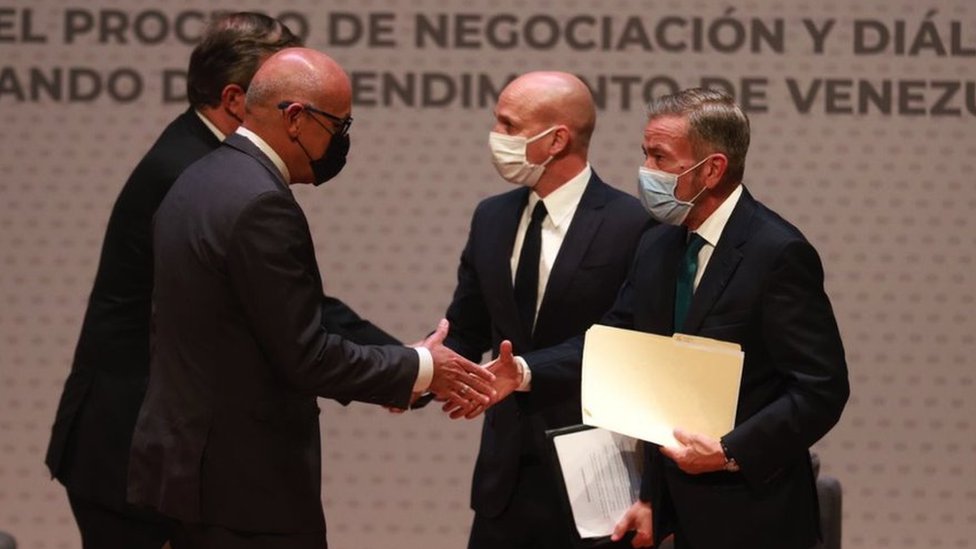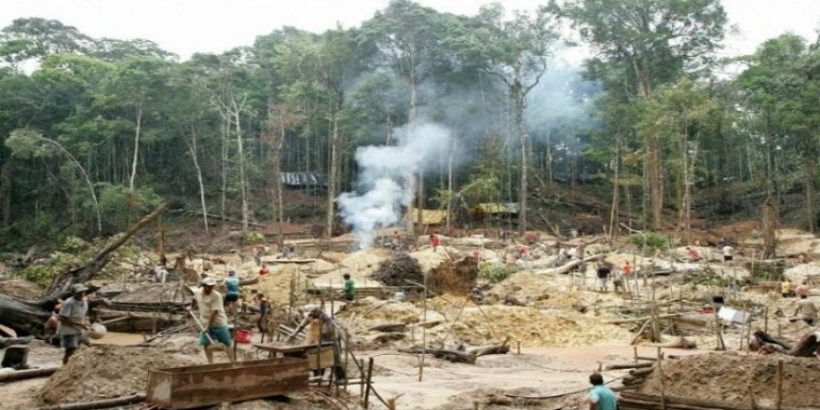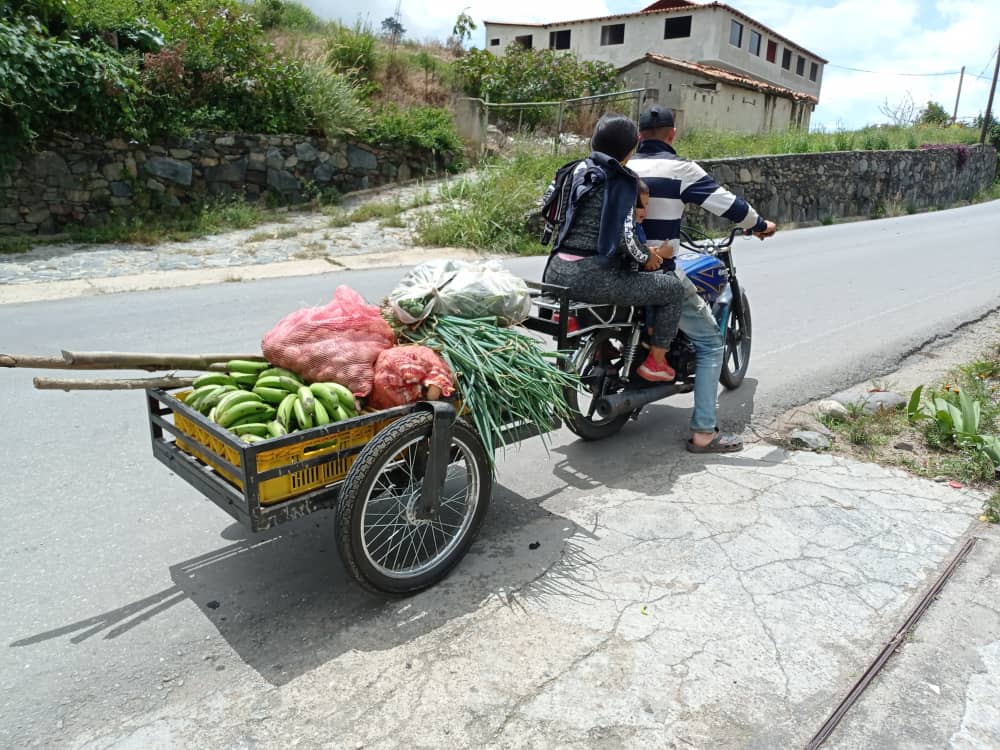One year before the death of Hugo Chávez, poverty had already started to increase and the so-called missions (social programs) were in sharp decline
On September 13, the United Nations High Commissioner for Human Rights Michelle Bachelet presented her latest report on the situation of human rights in Venezuela. This time her emphasis was on economic, social, cultural, and environmental rights.
The content of the report reflects a national reality that contrasts with the government’s narrative abroad, one of a country that is recovering and calling on the millions who fled hunger and misery to return home.
The High Commissioner said that, according to official figures, 56.1 percent of employees had a job in the formal sector in 2020. Analysts further indicate that two-thirds of them worked in the public sector, where the average monthly wage ranged from 2 to 5 US dollars. You read it well, 2 to 5 dollars a month. The same happens for 4.5 million people in retirement.
With these wages, a family with three members of working age and employed cannot even guarantee to have breakfast every day.
These are millions of people subject to income levels that translate into poverty. Along with other factors, this explains why many choose to walk hundreds and even thousands of miles to reach other countries in the hope of better salaries.
The government has sought to justify the economic and social crisis with the excuse of sanctions. The truth is that sanctions contribute to worsening an already bad situation. The Complex Humanitarian Emergency that forced the deployment of international humanitarian aid was configured by the indolence, incapacity, and corruption of the rulers.
One year before the death of Hugo Chávez, poverty had already started to increase and the so-called missions (social programs) were in sharp decline. The chaos in the provision of public services was beginning to take over worryingly. The situation was not reversed by the current government; on the contrary, all the problems became more acute. The report recognizes a situation of misallocation of resources, lack of maintenance of public infrastructure, and severe underinvestment in essential services.
The oil industry was already in tatters before the sanctions. The sanctions were unfortunately the final blow. They put billions of dollars in debt to the oil industry and destroyed it. They also wiped out the state-owned corporations of Guayana.
A government that claims to represent the interests of workers and the people became a factory of poverty and unemployment. It also worsened the living conditions of vulnerable populations, such as the indigenous peoples.
The government imposed the creation of the Orinoco Mining Arc to the detriment of the indigenous communities. In the report, the OHCHR reiterated that the establishment of the mining area and the expansion of mining activities harmed the right to self-determination of indigenous peoples, their rights to their land, territories, and resources, their environmental rights, their right to live in peace and security, as well as their economic, social and cultural rights.
The continuous trickery regarding the demarcation of indigenous lands is another source of concern. According to the report, by 2021, only around 15 percent of indigenous land was demarcated and the Government had issued 102 land and habitats titles corresponding to 3.22 percent of the national territory.
Dissatisfaction and precariousness keep happening to the majority of Venezuelans under the indolent look of those who hold power in the face of the suffering of the people and a systematic and massive violation of human rights.
Translated by José Rafael Medina




